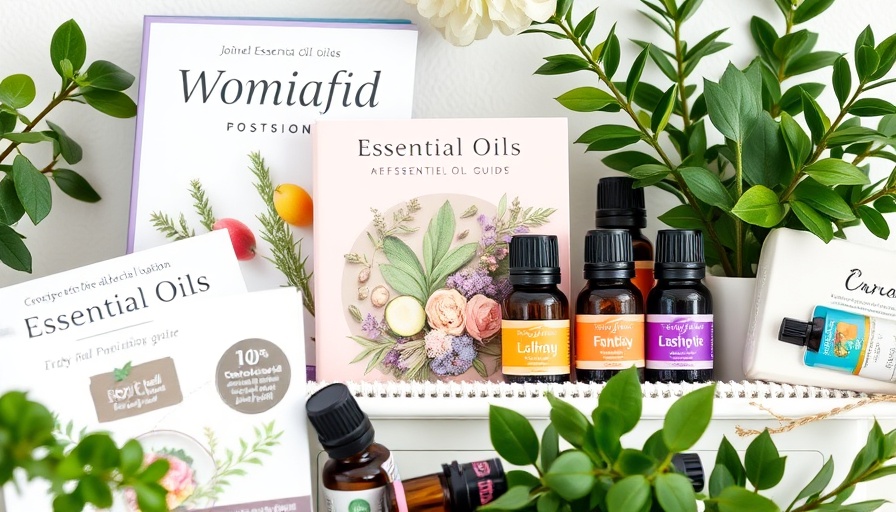
Understanding the TikTok Hair-Care Debate
In recent months, a vibrant discussion has emerged on TikTok regarding science-backed versus traditional Black hair-care products. Many influencers argue that brands like Olaplex and K18, which focus on innovative science and technology, outperform products designed with natural ingredients like shea butter and coconut oil. This debate is not merely academic; it touches on cultural identity and the evolving landscape of beauty standards.
The Broader Context of Black Hair Care
The complexities of Black hair have historically been undervalued within the beauty industry. For decades, mainstream brands struggled to cater to the unique needs of coily and textured hair, leaving many feeling alienated in their search for effective products. Recognizing this gap, a wave of Black-owned brands emerged that brought innovation designed to enhance and nourish natural textures. However, despite the significant progress, the current debate shines a light on whether scientific formulas from predominantly white-owned brands really do outshine traditional, culturally-rooted products.
Science-Driven Products: Advantages and Limitations
Cosmetic chemist Javon Ford weighed in on the advantages of science-backed hair-care products, emphasizing their innovative formulations and marketing strategies. For example, bonding technologies used by brands like Olaplex have revolutionized how we maintain our hair’s integrity, allowing individuals to engage with hair-care solutions formerly out of reach. While these advanced formulas can significantly benefit hair health, they often sidestep the deeply-rooted connection of heritage that many Black consumers have with brands using natural ingredients.
The Heart of the Debate: Innovation vs. Tradition
This TikTok debate reflects a larger cultural struggle—a tension between innovation and the celebration of heritage. While some consumers are drawn to modern, scientifically advanced brands, others find profound value in products that respect their cultural and historical context. Brands like Design Essentials champion this balance, infusing contemporary science into formulations that honor traditional practices. Ultimately, recognizing the merits of both sides can empower consumers, allowing them to choose products that resonate with their hair type and personal narrative.
A Path Toward Inclusivity in Hair Care
As conversations surrounding Black hair continue to evolve, the industry must embrace a more inclusive approach. By respecting the innovations provided by traditional techniques while also acknowledging the benefits of scientific advancements, brands can cater to a broader audience. Black hair care isn't a one-size-fits-all; it should reflect the rich diversity and complexity of hair across different communities.
Moving Forward: Choice and Awareness
As consumers, being informed can shape our experiences with hair care. It’s essential to evaluate products based on their ingredients, effectiveness, and the values behind brands. The key takeaway from the heated debate is not to side with one formula over another, but rather to embrace a tailored approach to hair care, one that takes into account both personal needs and cultural significance.
As we continue exploring the intersection of beauty and culture, let’s recognize that each product holds value and potential based on how it meets our individual needs. This is the future of hair care—a journey of empowerment filled with choice, innovation, and respect for our cultural roots.
Conclusion: Empowering Beauty Choices
In this evolving landscape of beauty influenced by both TikTok trends and long-held traditions, it is vital to encourage open dialogues that honor both innovation and heritage. By consciously choosing products that work for our hair types and respect our backgrounds, we can pave the way for a more inclusive beauty industry. Whether your preference leans toward the science-driven or the heritage-rooted, the most important aspect is finding what works best for you.
 Add Row
Add Row  Add
Add 




Write A Comment